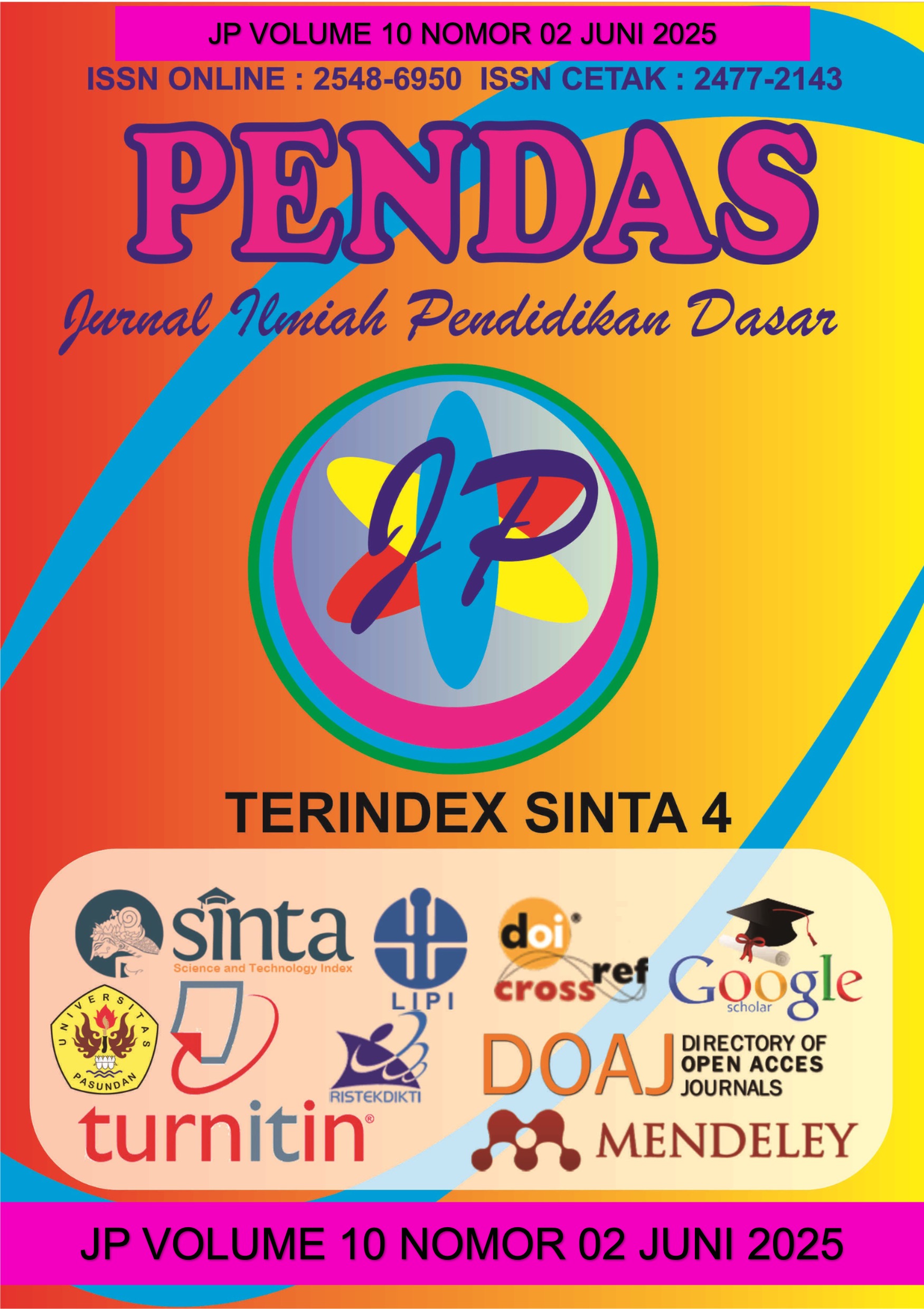PENYELESAIAN ITSBAT NIKAH PASCA PEMBAHARUAN UNDANG-UNDANG PERKAWINAN DI PENGADILAN AGAMA MUARA SABAK
DOI:
https://doi.org/10.23969/jp.v10i02.24476Keywords:
Itsbat marriage, Public Perception, Judge FlexibilityAbstract
The purpose of the study was to obtain empirical data on the completion of itsbat nikah before and after the reform of the Marriage Law. The research uses a mixed method that combines quantitative approaches based on numbers and statistics and qualitative approaches based on narrative and description. The approach used is legal sociology and saddu al-dzariyah with a utilitarianism paradigm. Primary data sources include the Chairperson, Registrar, Judges, Information Officer at the Muara Sabak Religious Court, KUA, and the community of East Tanjung Jabung Regency. Secondary data are scientific books, journals, decisions, case statistics, and annual reports. Data collection techniques were conducted through questionnaire surveys and analysis of case results with method triangulation techniques to test the validity of the data. The results showed that: (1) People in Muara Sabak have a positive view of marriage regulations and increasingly realize the importance of marriage registration. However, understanding of itsbat nikah still varies, influenced by educational factors and access to information. Marriage practices remain influenced by culture, tradition and socio-economic conditions affect the decision to marry. (2) The pre- and post-reform isbat nikah mechanisms show that although the basic mechanism has not changed significantly, there have been improvements in the requirements and stricter procedures to ensure the validity of marriages. The Constitutional Court's decision expanding the scope of isbat nikah has also had an effect on the recognition of the rights of children from unregistered marriages. (3) Regarding the space for judges in responding to isbat nikah applications, there is flexibility and adaptation in legal practice in the Religious Courts. After the reform of the Marriage Law, judges were given more room to exercise “ijtihad” in assessing applications for isbat nikah, including for marriages performed after the enactment of the law, thus reflecting the court's efforts to meet the community's need for legal certainty regarding marital status.
Downloads
References
Afiati, T., Wafiroh, A., & Sofyan, M. S. (2022). Upaya Pasangan Suami Istri Tidak Memiliki Keturunan Dalam Mempertahankan Keharmonisan Rumah Tangga (Studi Kasus Di Desa Siru Kabupaten Manggarai Barat NTT). Al-IHKAM Jurnal Hukum Keluarga Jurusan Ahwal al-Syakhshiyyah Fakultas Syariah IAIN Mataram, 14(2), 161-184.
Agama, K. (2009). Al-Qur’an Hafalan Mudah: Terjemah dan Tajwid Warna. Bandung: Cordoba.
Bappenas, K. P. P. N. (2021). Peta jalan SDGs Indonesia menuju 2030. Kementerian Perencanaan Pembangunan Nasional/Badan Perencanaan Pembangunan.
Fitria, F. (2024). Kuesioner Penelitian, https://forms.gle/LC1kyMKEEwebZbvE6. Diakses pada Desember 2024.
Indonesia, U. U. R. (2022). Undang-Undang Republik Indonesia No. 1 tahun 1974, tentang Perkawinan. Gramedia Press.
Karyadi, R. (2022). Hukum Perkawinan Menurut Undang Undang No 16 Tahun 2019 Perubahan Atas Undang-Undang Nomor 1 Tahun 1974 Pasal 7 Ayat 1 Tentang Batas Usia Perkawinan. Jurnal Pusat Studi Pendidikan Rakyat, 9-23.
Ma’sum, E. A. (2019). Kepastian Hukum Itsbat Nikah, Makalah disampaikan dalam Forum Diskusi Penelitian dilaksanakan oleh Balitbang Diklat Kumdil MA RI, di hotel Le Dian Serang, tanggal 15 Mei 2019.
Munsyifah, A. (2024). Keabsahan Perkawinan yang Tidak Dicatatkan Menurut Undang-Undang Nomor 1 Tahun 1974. UNES Law Review, 7(2), 797-804.
Rahardjo, S. (2009). Hukum dalam Pendekatan Sosiologis. Jakarta: Genta Publishing.
Statistik, B. P. (2024). Angka pernikahan di Indonesia Menurun dalam 10 Tahun Terakhir. Website : bandungkab.bps.go.id
Statistik, B. P., & Kementerian, P. P. N. (2020). Bappenas, Pencegahan Perkawinan Anak Percepatan yang Tidak Bisa Ditunda. UNICEF, Universitas Indonesia dan PUSKAPA.
Zahrah, M. A. (1997). Usul al-Fiqh. Kairo: Dar al-Fikr al-Arabi.
Downloads
Published
Issue
Section
License
Copyright (c) 2025 Pendas : Jurnal Ilmiah Pendidikan Dasar

This work is licensed under a Creative Commons Attribution 4.0 International License.














































